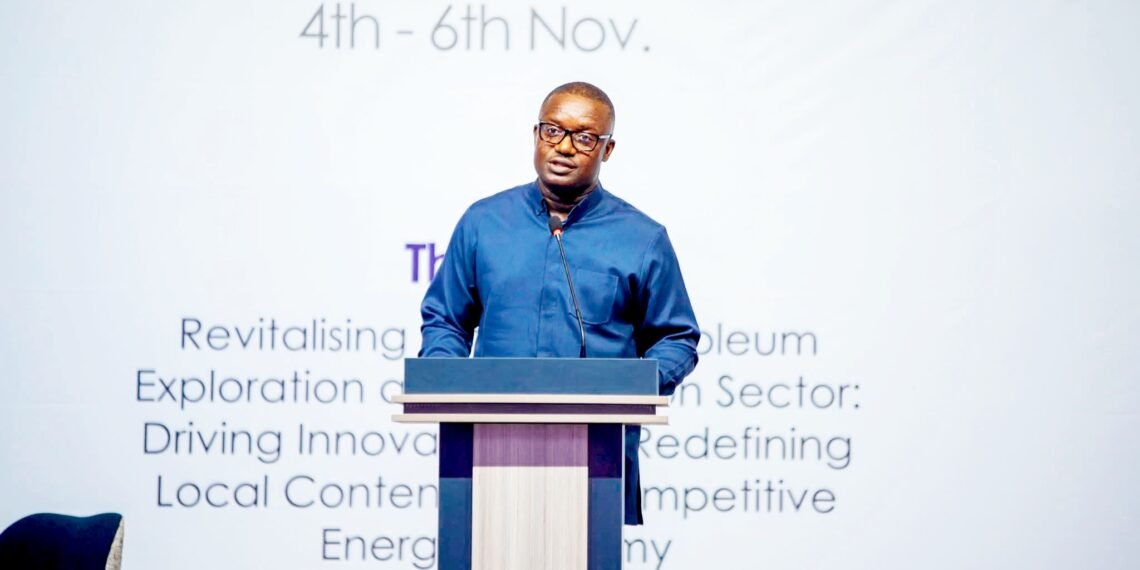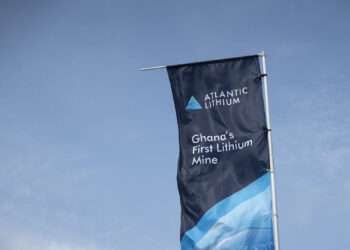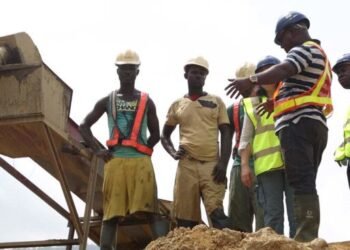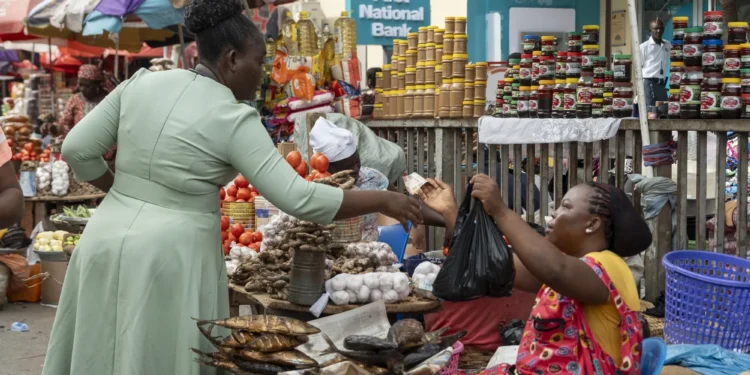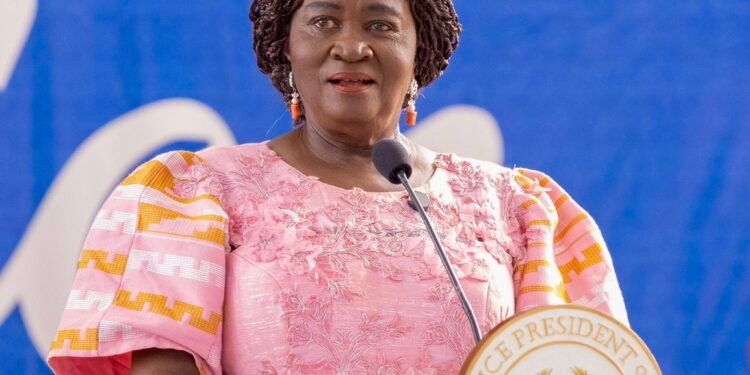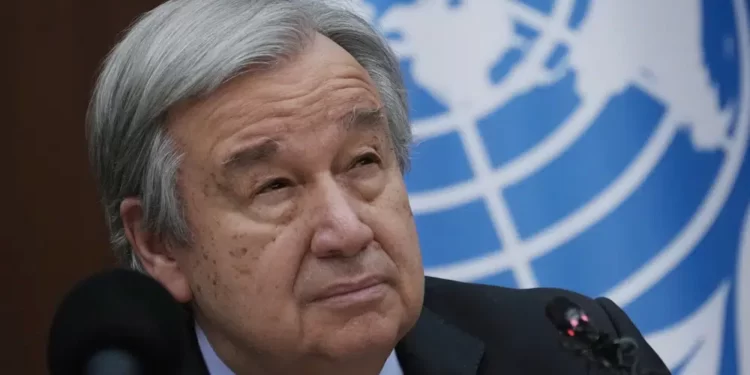Ghana’s oil sector has suffered a steep decline in production, dropping by more than 32 percent over the past five years, according to the Minister for Energy and Green Transition, Hon. John Abdulai Jinapor.
He warned that the sustained downturn threatens national revenue, foreign exchange inflows, and local business participation in one of the country’s most strategic industries.
Speaking at the 2025 Local Content Conference and Exhibition, Hon. Jinapor disclosed that oil production fell sharply from 71.4 million barrels in 2019 to 48.2 million barrels in 2024, a trend he described as “deeply concerning.”
“This downward trend signifies not only a reduction in government revenue from a sector that continues to anchor the GDP, public finances, and foreign exchange earnings, but also a contraction in the value of opportunities and contracts available to indigenous Ghanaian companies, the backbone of our local industry.”
Hon. John Abdulai Jinapor, Minister for Energy and Green Transition

The conference, themed “Revitalising Ghana’s Petroleum Exploration and Production Sector: Driving Innovation and Redefining Local Content for a Competitive Energy Economy,” brought together policymakers, international oil companies (IOCs), and local industry players to discuss how to restore growth and competitiveness to the petroleum sector.
According to the Minister, Ghana’s declining production has been aggravated by a combination of regulatory inefficiencies and policy lapses, including prolonged licensing procedures, unresolved legal disputes over field unitisation, frequent changes in fiscal policies, and heavy taxation.
These challenges, he said, have discouraged both new exploration and reinvestment in existing assets.
Attracting Exploration Capital
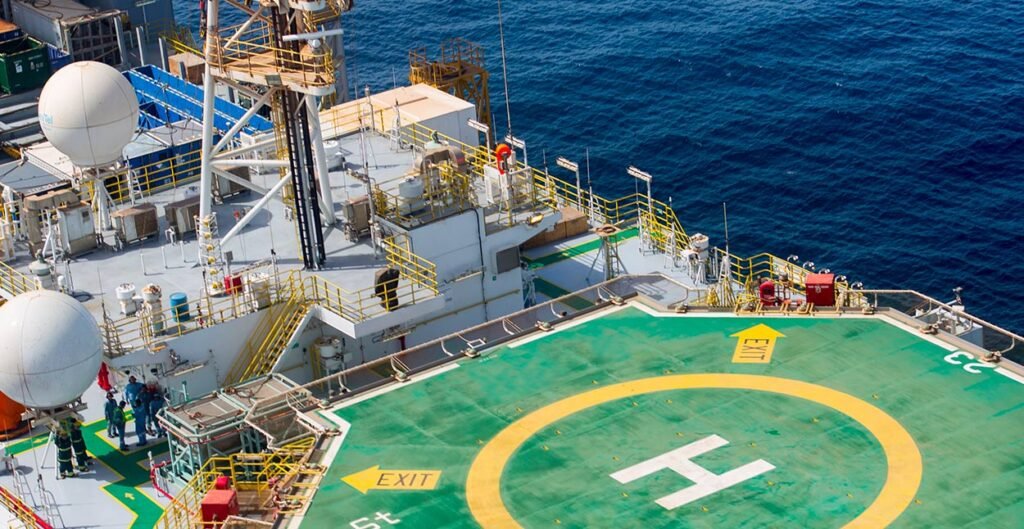
Hon. Jinapor cautioned that unless bold and predictable measures are adopted, Ghana risks losing further ground to emerging African producers that are rapidly attracting exploration capital.
“To reverse this trend, the Energy Ministry has taken decisive steps to end the cycle of repeated extensions.
“No contractor or operator will be allowed to hold onto a block indefinitely without meeting its minimum work obligations.”
Hon. John Abdulai Jinapor, Minister for Energy and Green Transition
The Minister revealed that he has directed the Petroleum Commission to prepare a policy advisory on how to deal with inactive petroleum agreements.
“Let me assure you, government will not hesitate to terminate inactive petroleum agreements to ensure that our resources are utilised productively for the benefit of the Ghanaian people.”
Hon. John Abdulai Jinapor, Minister for Energy and Green Transition
To complement these actions, Hon. Jinapor announced the establishment of a Legislative Review Committee tasked with evaluating Ghana’s current legal, regulatory, fiscal, and institutional frameworks governing upstream petroleum operations. The goal, he said, is to make the sector more investment-friendly and globally competitive.
He indicated that the review may propose amendments to the Petroleum (Exploration and Production) Act, 2016 (Act 919) and its related regulations to better reflect today’s investment realities.
The fiscal terms, he noted, will also be assessed to attract investors willing to explore high-risk, high-potential areas such as the Eastern/Keta Basin and Ghana’s ultra-deepwater fields.
Ghanaians to Explore Sector

Hon. Jinapor reaffirmed President John Dramani Mahama’s vision to deepen local participation in the petroleum value chain, ensuring that Ghanaian enterprises play a more significant role in exploration, production, and support services.
He stressed that the country’s petroleum resources must be treated not only as a source of revenue, but as a catalyst for sustainable development, a means to spur industrial growth, strengthen local capacity, and boost national competitiveness.
“It is the President’s vision for the Ministry to work tirelessly to increase the participation of Ghanaian firms in the oil and gas sector, in order to secure substantial value retention in Ghana.”
Hon. John Abdulai Jinapor, Minister for Energy and Green Transition
To this end, the Minister directed the Petroleum Commission and allied agencies to step up efforts to promote indigenous capabilities and ensure that local companies benefit directly from exploration and production activities.
Dr. Jinapor emphasised that revitalising Ghana’s petroleum sector requires a balanced approach, one that aligns economic ambition, environmental responsibility, and social inclusion.
He assured stakeholders that the Ministry’s reforms are anchored in this principle, aiming to create a stable and transparent environment that attracts both domestic and international investment.
The new phase of the petroleum industry, he said, must deliver not just barrels and revenue, but tangible economic transformation for Ghanaians.
READ ALSO: Ghana’s Economic Recovery, Cedi’s Strength to Manage Inflation – IMF

